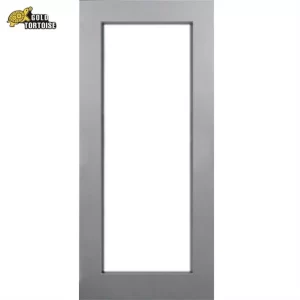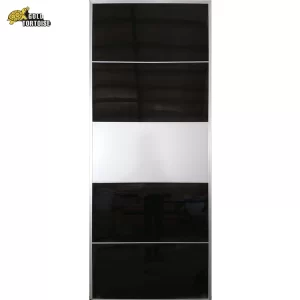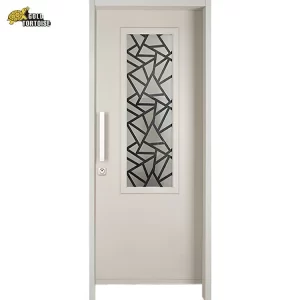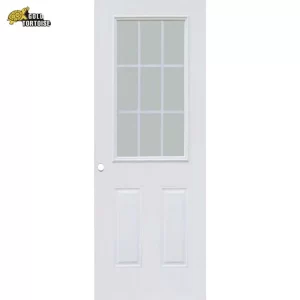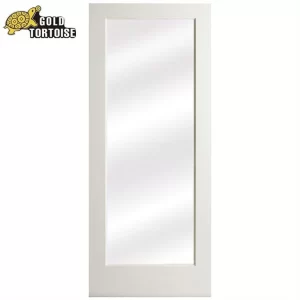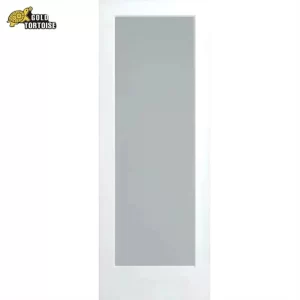If you’re considering alternatives to aluminum doors, several materials offer different characteristics and aesthetics. The choice depends on your specific needs, budget, and preferences. Here are some common alternatives to aluminum doors:
1. Wood Doors:
Pros: Classic and natural appearance, excellent insulation properties, customizable in terms of design and finish.
Cons: May require more maintenance, susceptibility to warping or rot if not properly sealed and maintained.
2. Steel Doors:
Pros: Strong and durable, high security, relatively low maintenance, fire-resistant.
Cons: Heavier than aluminum, can be susceptible to rust if not properly finished.
3. Fiberglass Doors:
Pros: Durable and resistant to warping, excellent insulation, low maintenance, can mimic the look of wood.
Cons: Can be more expensive than some alternatives.
4. Vinyl Doors:
Pros: Affordable, low maintenance, good insulation properties.
Cons: Limited color options, may not offer the same level of customization as other materials.
5. Glass Doors:
Pros: Modern and sleek appearance, allows natural light, various styles available.
Cons: Limited privacy, may not be as energy-efficient as some other materials.
6. Composite Doors:
Pros: Combine materials for enhanced performance, durability, and energy efficiency.
Cons: Costs can vary, and availability may be limited compared to other materials.
When choosing an alternative to aluminum doors, consider factors such as your desired aesthetics, energy efficiency requirements, maintenance preferences, and the specific conditions in which the doors will be installed. It’s advisable to consult with professionals or suppliers to explore the best options based on your needs and budget.

